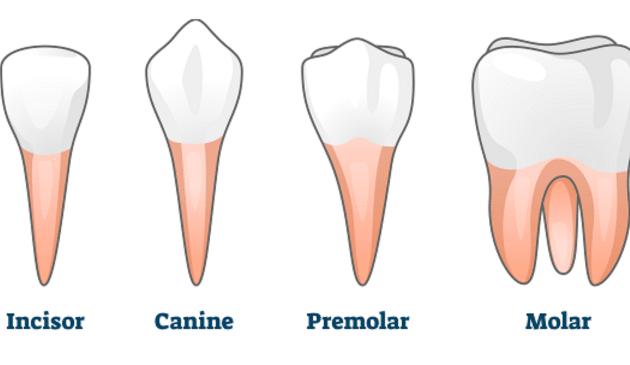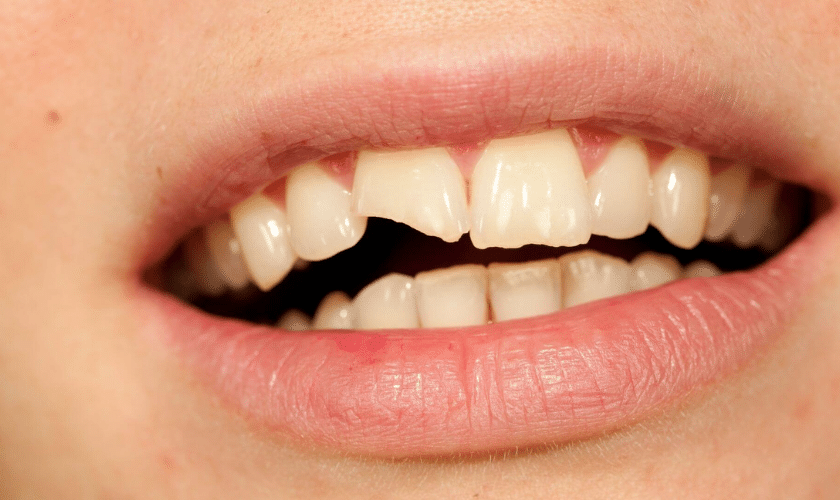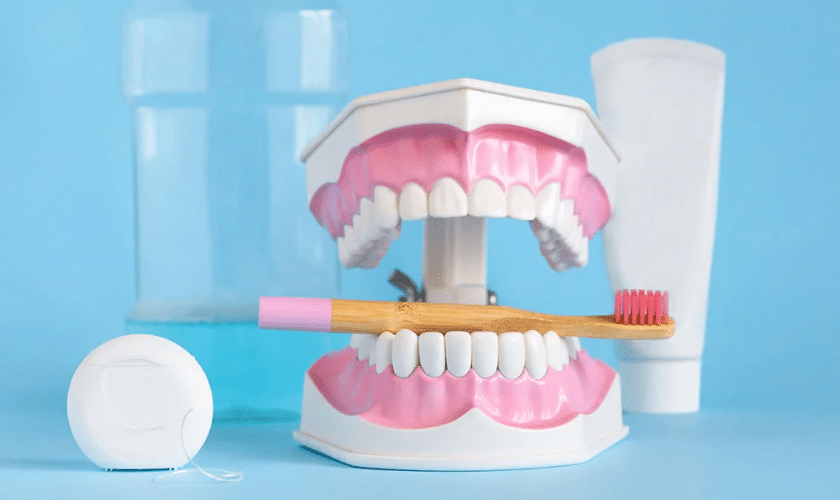
By Randall Pointe Dental
Welcome to our blog! Today, we’re diving into an important topic that often gets overlooked – oral hygiene education. While many of us prioritize our overall health and wellness, we may not realize just how closely connected it is to our oral health. In this post, we’ll explore the link between these two areas and shed light on why proper oral hygiene practices are essential for maintaining a healthy body. So grab your toothbrush, and let’s get started!
The Link Between Oral Health and Overall Health
Maintaining good oral hygiene is not just about having a sparkling smile; it is also essential for your overall health. Research has shown a strong link between oral health and the well-being of the rest of your body. Neglecting proper dental care can lead to various health issues, ranging from gum disease to heart disease.
When you think about it, our mouth is the gateway to our body. It’s where we consume food and drink, which means that any bacteria or infection present in our mouths can easily enter our system and cause harm. Poor oral hygiene practices can result in plaque buildup, cavities, and gum disease – all of which have been associated with increased risks of developing serious conditions such as heart disease, diabetes, respiratory infections, and even certain types of cancer.
Gum disease, in particular, has been linked with an increased risk of cardiovascular problems. The bacteria present in infected gums can travel through the bloodstream and contribute to inflammation throughout the body. This chronic inflammation can damage blood vessels and increase the likelihood of heart attacks or strokes.
Furthermore, some studies suggest that individuals with periodontal (gum) disease may have difficulty controlling their blood sugar levels if they have diabetes. This bidirectional relationship between oral health and systemic conditions highlights how important it is to prioritize proper dental care as part of overall wellness.
Taking proactive steps towards maintaining good oral hygiene becomes crucial when considering these potential implications on one’s general well-being. Brushing teeth at least twice a day using fluoride toothpaste helps remove plaque build-up, while flossing daily aids in removing food particles trapped between teeth that brushing alone cannot reach. Additionally, regular dental check-ups are necessary for early detection and treatment of any underlying issues before they escalate into more severe problems.
Educating people about proper oral hygiene practices plays a critical role in promoting overall health awareness within communities. By providing information about correct brushing techniques, emphasizing the importance of regular dental visits, and raising awareness about the potential consequences of poor oral hygiene, individuals can make
Common Oral Health Issues And Their Impact On The Body
Poor oral hygiene can lead to a range of dental problems that not only affect your teeth and gums but also have a significant impact on your overall health. Ignoring oral health issues can result in serious consequences, so it is crucial to be aware of common problems and their potential effects.
One common oral health issue is tooth decay. When plaque builds up on the teeth due to inadequate brushing and flossing, bacteria feed off sugars from food, producing acids that attack tooth enamel. Over time, this can lead to cavities, which may cause pain or infection if left untreated.
Gum disease is another prevalent problem caused by poor oral hygiene practices. It starts with gingivitis, characterized by redness, swelling, and bleeding gums. If not addressed promptly, gingivitis can progress into periodontitis – a more severe form of gum disease that damages the soft tissue and bone supporting the teeth.
Did you know that gum disease has been linked to several systemic diseases? Research suggests connections between periodontal infections and conditions such as heart disease, diabetes, respiratory illnesses like pneumonia or chronic obstructive pulmonary disease (COPD), and stroke risk factors like high blood pressure or cholesterol levels – to name a few.
In addition to tooth decay and gum disease, bad breath (halitosis) is also often attributed to poor oral hygiene habits. Neglecting regular brushing and flossing allows bacteria in the mouth to multiply, causing an unpleasant odor.
Other issues such as dry mouth (xerostomia), mouth sores (canker sores), or even oral cancer can arise from neglecting proper oral care routines.
It’s clear that maintaining good oral hygiene practices is essential for both dental health and overall well-being. By brushing twice daily with fluoride toothpaste for two minutes each time; flossing at least once a day; eating a balanced diet low in sugary snacks and drinks; and visiting the dentist regularly,
The Importance of Proper Oral Hygiene Practices
Proper oral hygiene practices are not just about having a bright, white smile. They play a crucial role in maintaining overall health and well-being. Neglecting oral hygiene can lead to a host of problems that go beyond tooth decay and gum disease.
When we fail to brush our teeth regularly, plaque starts building up on the surface of our teeth. This sticky film is made up of bacteria that can contribute to cavities and gum inflammation. But it doesn’t stop there – these harmful bacteria can also enter your bloodstream through bleeding gums, causing systemic inflammation throughout the body.
Research has shown that poor oral health is linked to various health conditions, such as heart disease, diabetes, respiratory infections, and even pregnancy complications. The mouth serves as a gateway to the rest of the body, so maintaining good oral hygiene is essential for preventing these issues.
So what does proper oral hygiene entail? It’s more than just brushing your teeth twice a day! It includes daily flossing to remove plaque from between your teeth and along the gumline. Using an antimicrobial mouthwash can also help kill any remaining bacteria in your mouth.
Regular dental check-ups are another vital aspect of proper oral care. Dentists have the specialized knowledge and tools needed to detect early signs of dental problems like cavities or periodontal disease before they become serious issues.
By educating ourselves and others about the importance of proper oral hygiene practices, we can prevent numerous health complications down the line. Sharing information through social media platforms or organizing community workshops are effective ways to raise awareness about this topic.
Remember: taking care of your smile means taking care of your entire body! So let’s prioritize our oral health by incorporating good habits into our daily routines and spreading awareness among friends, family members, and communities alike!
Ways to Educate People about Oral Hygiene
Educating people about oral hygiene is crucial for maintaining good dental health and overall well-being. Here are a few effective ways to spread awareness and encourage proper oral hygiene practices:
1. Community Workshops: Organize interactive workshops in local communities where participants can learn about the importance of oral health through engaging activities, demonstrations, and informative presentations.
2. School Programs: Collaborate with schools to implement educational programs that teach students the basics of oral hygiene. Incorporate fun activities like brushing and flossing challenges or hosting dental health assemblies to make learning enjoyable.
3. Public Awareness Campaigns: Utilize various media platforms such as social media, radio, television, and billboards to reach a wider audience. Create catchy slogans or hashtags that promote regular brushing, flossing techniques, dentist visits, and healthy dietary habits.
4. Collaborations with Healthcare Professionals: Partner with healthcare professionals like doctors or nurses who can provide information on the link between oral health and overall wellness during routine check-ups or consultations.
5. Dental Health Resources: Develop user-friendly pamphlets, brochures, infographics or videos that explain proper brushing techniques, the importance of regular dental visits, and tips for maintaining good oral health at home; distribute these resources in clinics, schools, and community centers.
By adopting these strategies, dentists, caregivers, and educators can effectively educate individuals from all walks of life about the significance of good oral hygiene practices.
This will empower them to take control of their dental health, resulting in improved overall wellness for years to come!
The Role of Dentists in Promoting Oral Hygiene Education
- Dentists play a crucial role in promoting oral hygiene education and ensuring that people understand the importance of taking care of their teeth and gums. These dental professionals are not just concerned with fixing cavities or performing root canals; they also prioritize preventive care and patient education.
- One way dentists promote oral hygiene education is by providing thorough examinations and cleanings during routine check-ups. During these visits, dentists can identify any potential issues or areas for improvement in a person’s oral hygiene routine. They can then provide personalized recommendations on brushing techniques, flossing methods, and the use of mouthwash.
- In addition to individualized advice, dentists often utilize educational materials such as brochures, posters, or videos to further educate their patients about maintaining good oral health. These resources help explain the impact of poor oral hygiene on overall health and provide practical tips for proper brushing and flossing techniques.
- Many dentists also take part in community outreach programs to reach a wider audience beyond their regular patients. They may visit schools or community centers to conduct presentations on the importance of oral hygiene. By engaging with children at an early age, dentists hope to instill lifelong habits that will contribute to better overall health outcomes.
- Moreover, some dental practices offer workshops or seminars specifically focused on educating adults about proper oral care practices. These events may cover topics like nutrition’s effect on dental health, the link between gum disease and systemic conditions like diabetes or heart disease, as well as effective strategies for combating bad breath.
- It is evident that dentists play a critical role in promoting oral hygiene education among individuals of all ages. Their expertise ensures that people have access to accurate information about maintaining healthy teeth and gums while understanding how this impacts their overall well-being. Through personalized guidance during appointments and various educational initiatives within communities, dentists strive to empower individuals with the knowledge needed for optimal oral health maintenance throughout life
By now, it should be clear that oral hygiene education is not just about keeping our teeth and gums healthy. It plays a crucial role in maintaining our overall health and well-being. Neglecting proper dental care can have far-reaching consequences for the body, from increased risk of heart disease to potential complications during pregnancy.
Understanding the link between oral health and overall health is essential for individuals of all ages. By practicing good oral hygiene habits such as regular brushing, flossing, and visiting the dentist regularly, we can prevent common oral health issues like cavities and gum disease.
However, simply knowing how to take care of our teeth is not enough. It’s equally important to spread awareness about proper oral hygiene practices. Education initiatives targeted at schools, community centers, workplaces, and even online platforms can help reach a wider audience and empower them with knowledge about maintaining their dental health.
